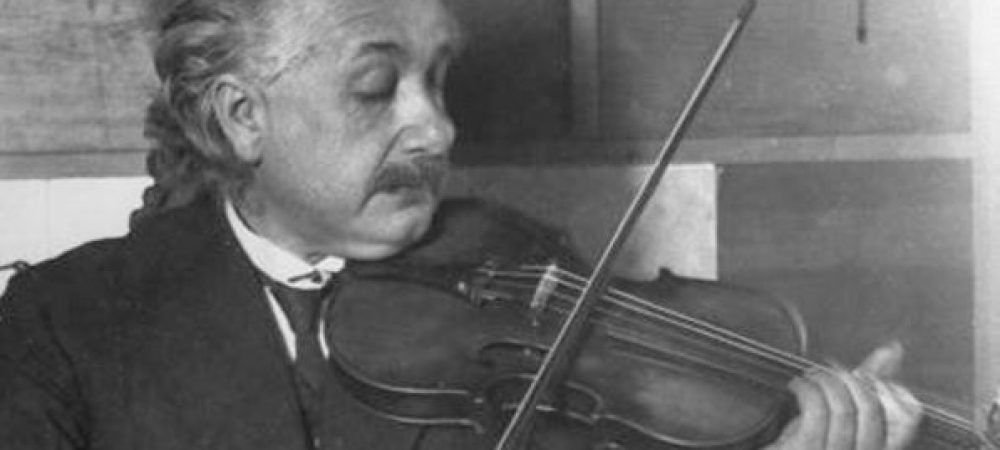A brief reflection on the integration of technologies in teaching & learning experiences.

Although the 21st century is largely shaped by the massive use of technologies in people’s daily life, the debate around their steady integration within the school curriculum continues to provoke countless considerations.
It’s my personal opinion, that the ramifications of new and developing technologies may assist the student’s experience through learning, providing an enjoyable continuum with their everyday life, yet working as an educational tool allowing more inclusive teaching deliveries, that people of all ages can easily engage with as well as enhancing, or even transforming, student learning. (ref. video: “Northern Beaches Christian School”)
The question is not whether academic institutes should or should not integrate technologies in their curricula, transforming a approaches to teaching/learning context, rather “when” it is appropriate to make use of new and developing technologies, and when it t is important to stick to a more “classic” model of pedagogy. (ref. video: “Music Class at Northern Beaches Christian School”)
The extent to which technology may be utilized can vary on a continuum from slight enhancement to complete transformation of the learning experience. (Music Learning Today: Digital pedagogy for creating, performing, and responding to music – Bauer, 2014)

Bauer presents in his book Music Learning Today: Digital Pedagogy for Creating, Performing, and Responding to Music a theoretical yet practical approach mainly designed for educators to utilizing technology in music learning, with the scope of broadening technological understanding to take advantage of its affordances to assist students in developing their skills.
Music educators need to be proficient and knowledgeable concerning technological changes and advancements and be prepared to use all appropriate tools in advancing music study while recognizing the importance of people coming together to make and share music. (Madsen, 2000, pp. 219-220)
The philosophical and theoretical rationales are grounded in best practice literature, that trace a coherent connection among music knowledge and skill outcomes, the research on human cognition and music learning, best practices in music pedagogy, and technology.
Brown extends the inquiry to the role played by mobile technologies, social networks, rich media environments, and other technological advances. In his book, Music Technology and Education: Amplifying Musicality, he discusses the social interaction practices, using the internet and other educational technologies.
In conclusion, I agree with Dewey’s philosophical reflections, subject matter never can be got into the child from without. Learning is active, it involves the reaching out of the mind. It involves organic assimilation starting from within. Literally, we must take our stand with the child and our departure from him. Moreover, I see (ref. video: “Kamaroi Rudolf Steiner’s School”) in the Rudolf Steiner’s theory and the Waldorf approach a sustainable pedagogy, that consider the individual as a whole, balancing the implications deriving from the massive contemporary use of technologies.
resources:
Music Learning Today: Digital pedagogy for creating, performing, and responding to music – Bauer, 2014
Music Technology and Education: Amplifying Musicality
